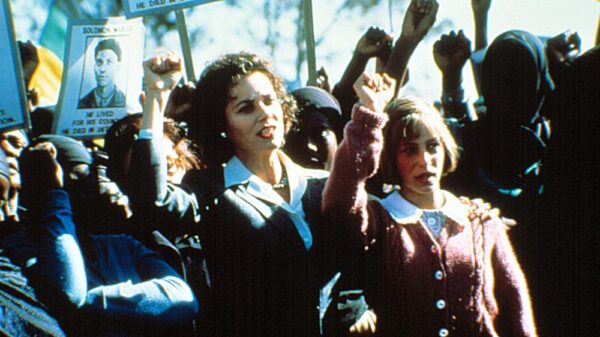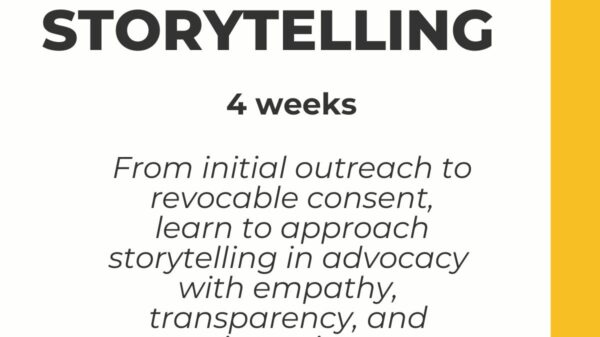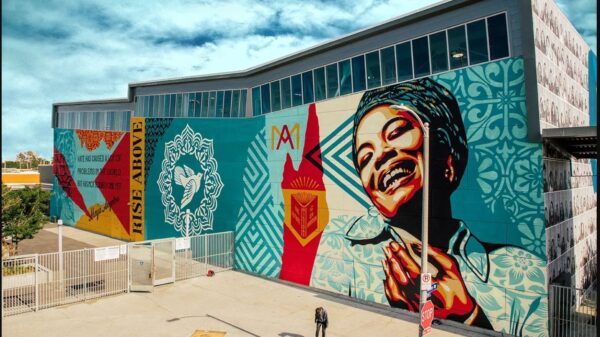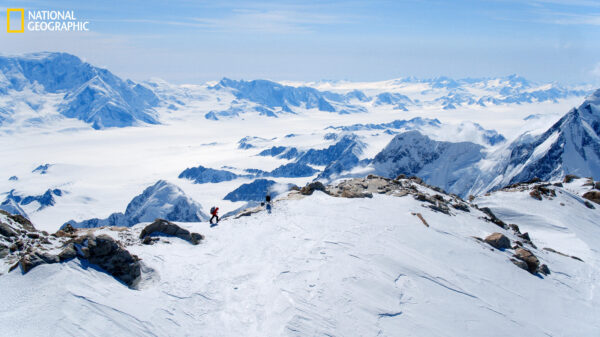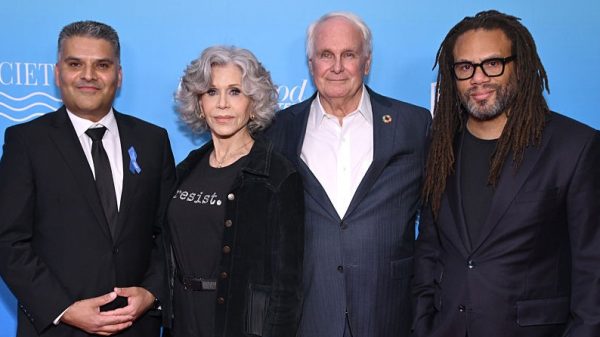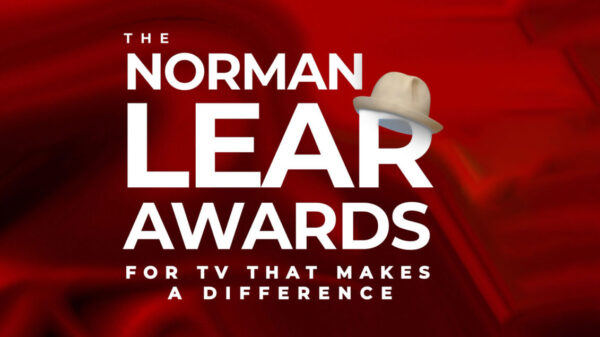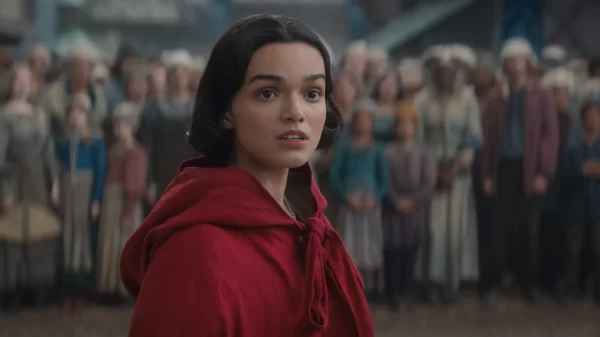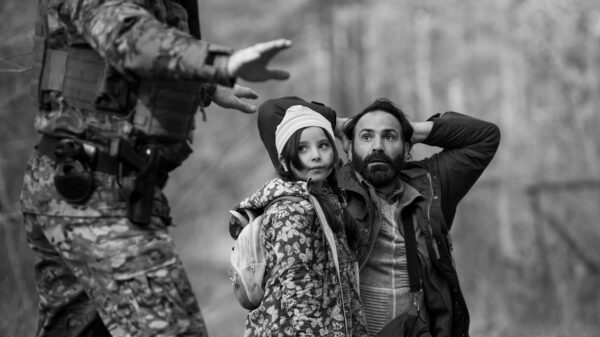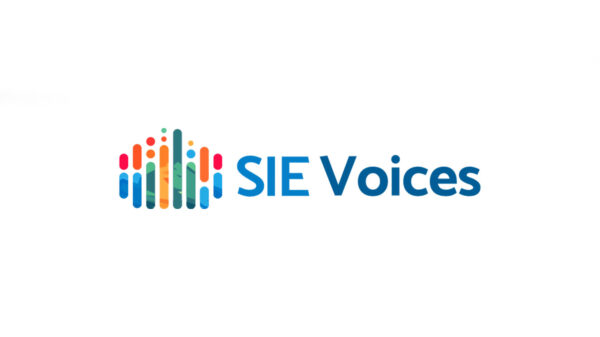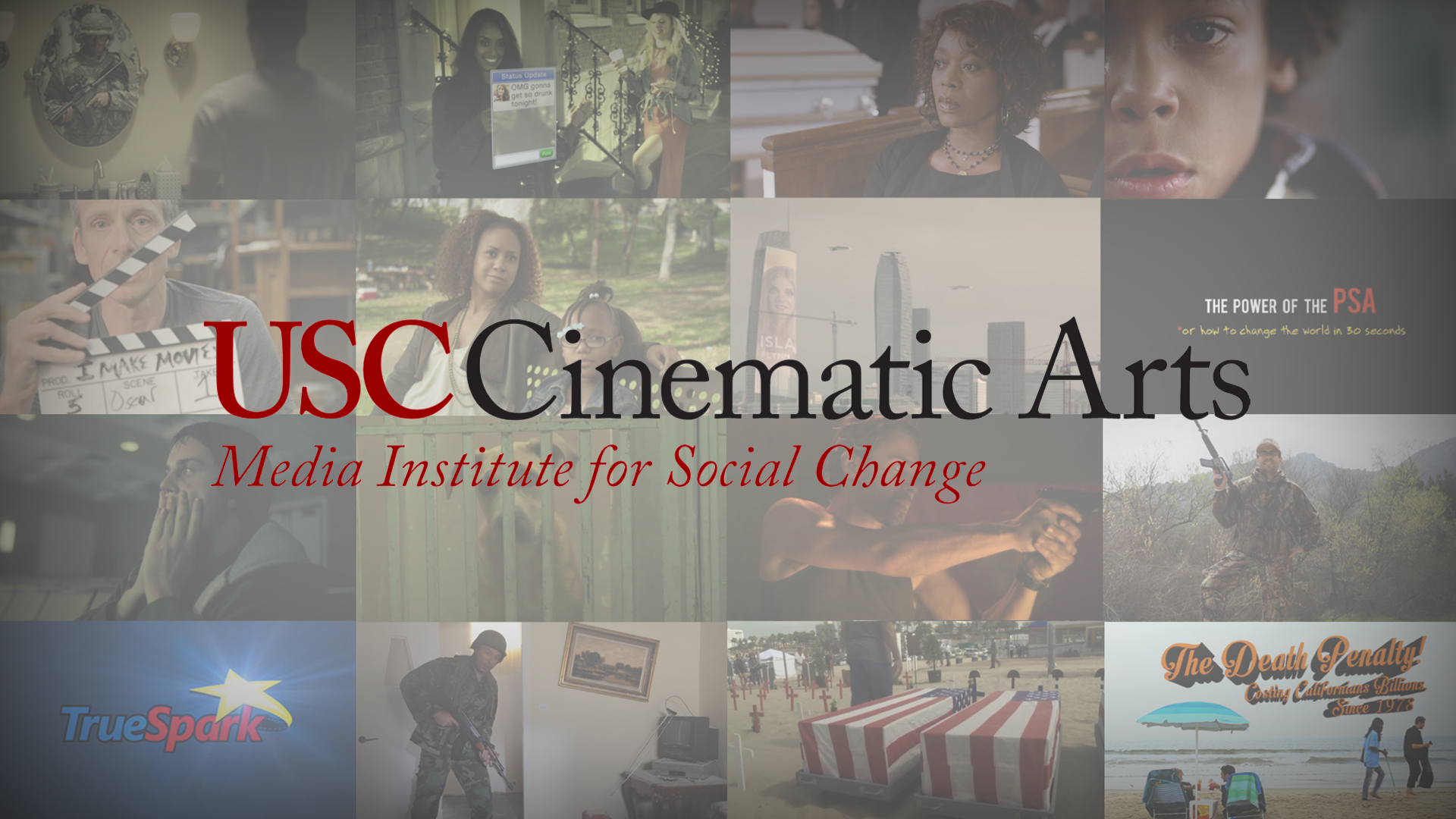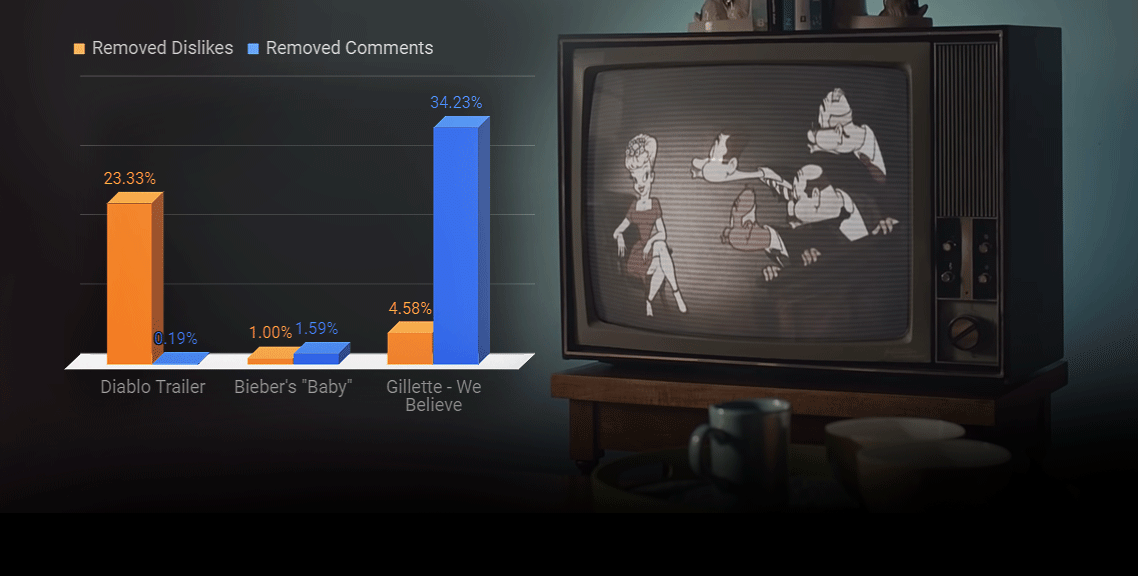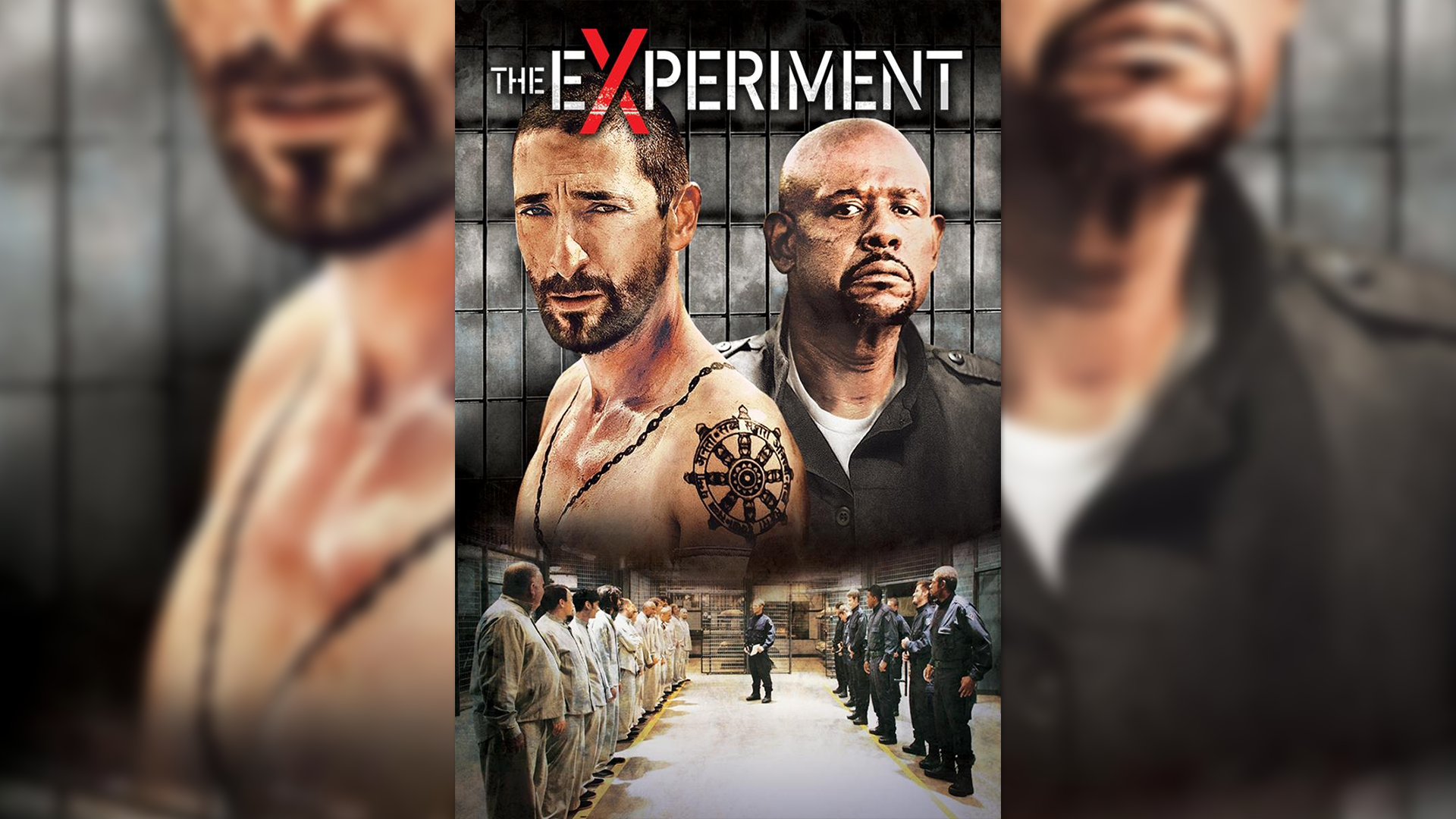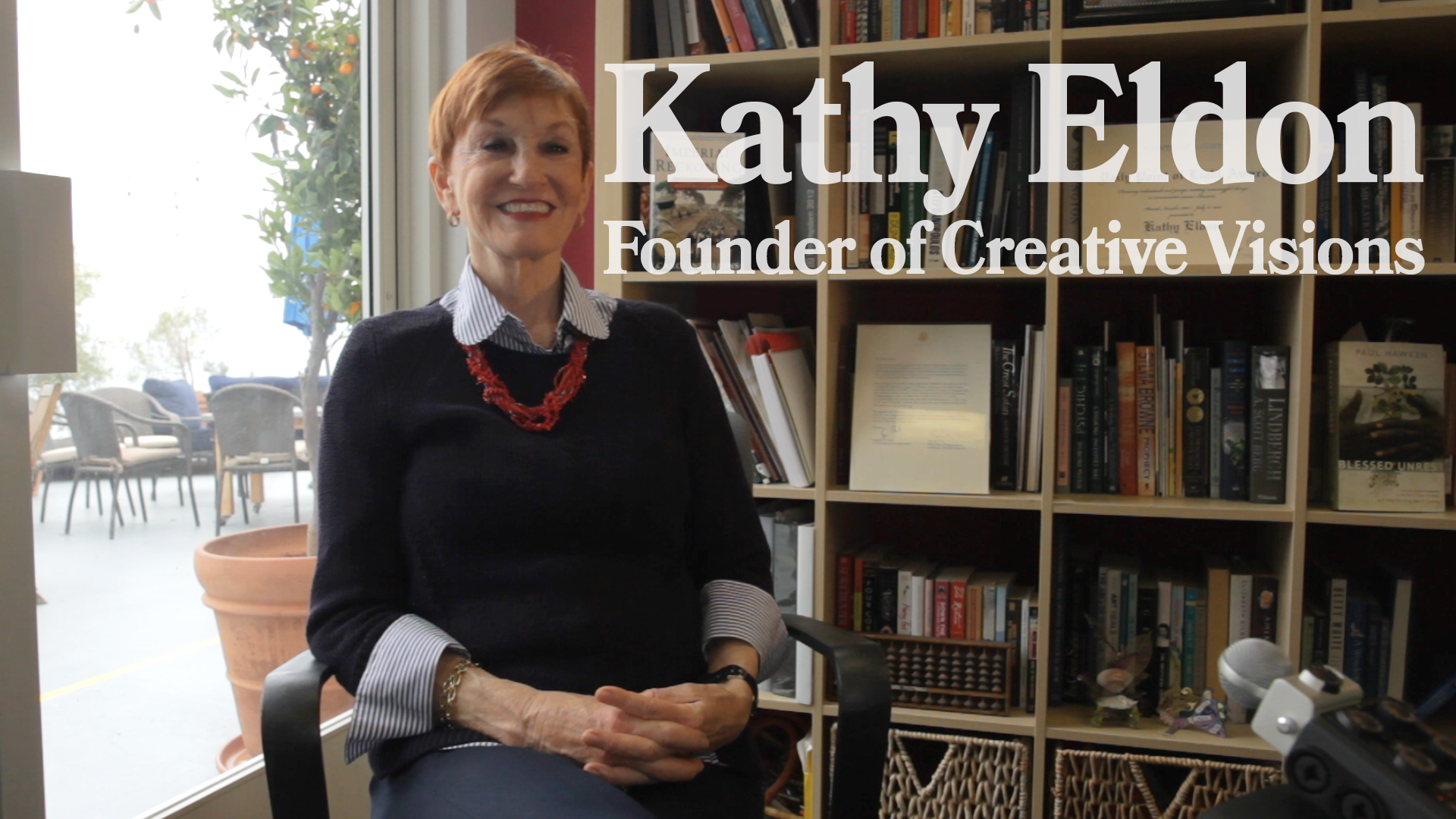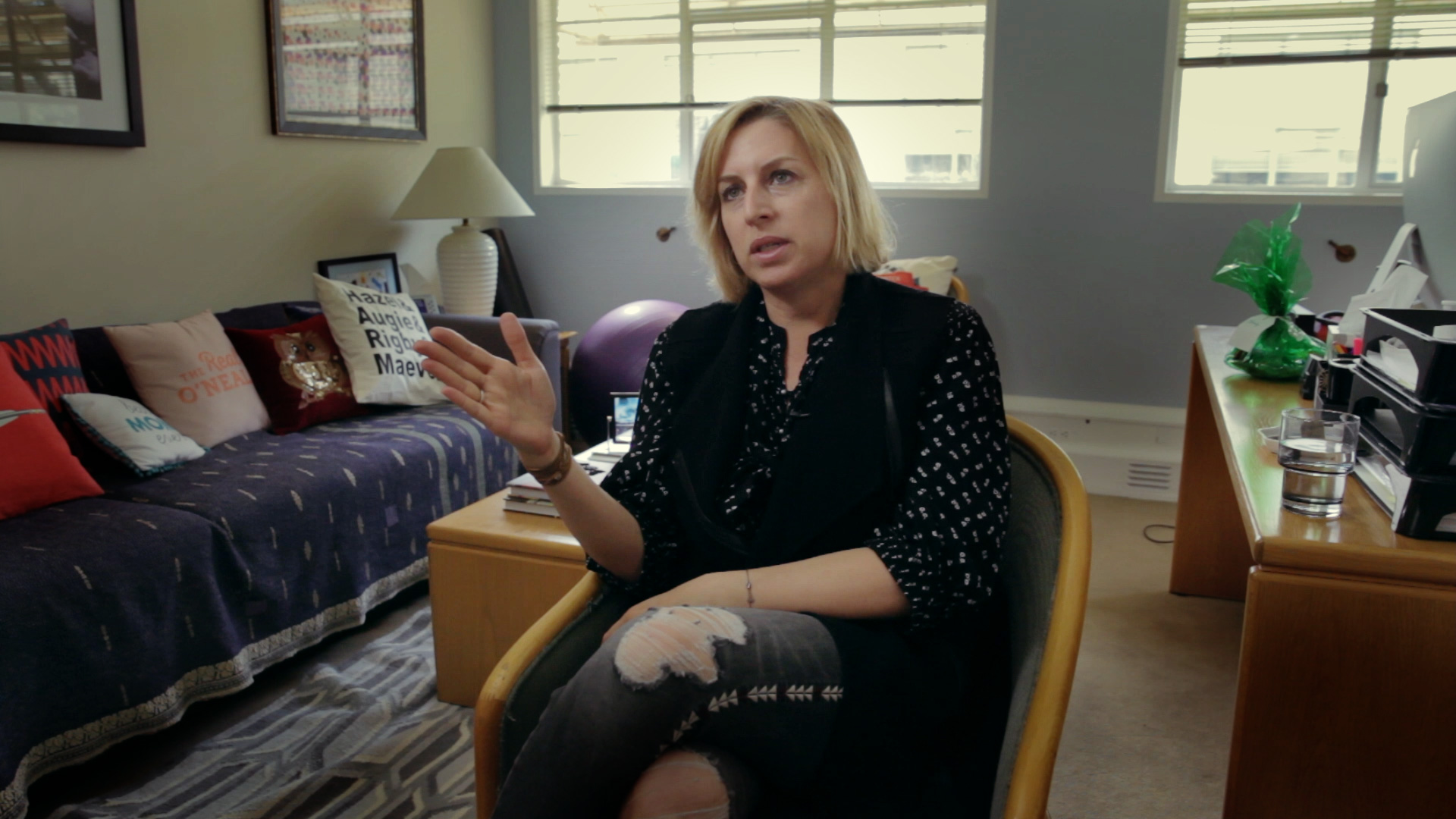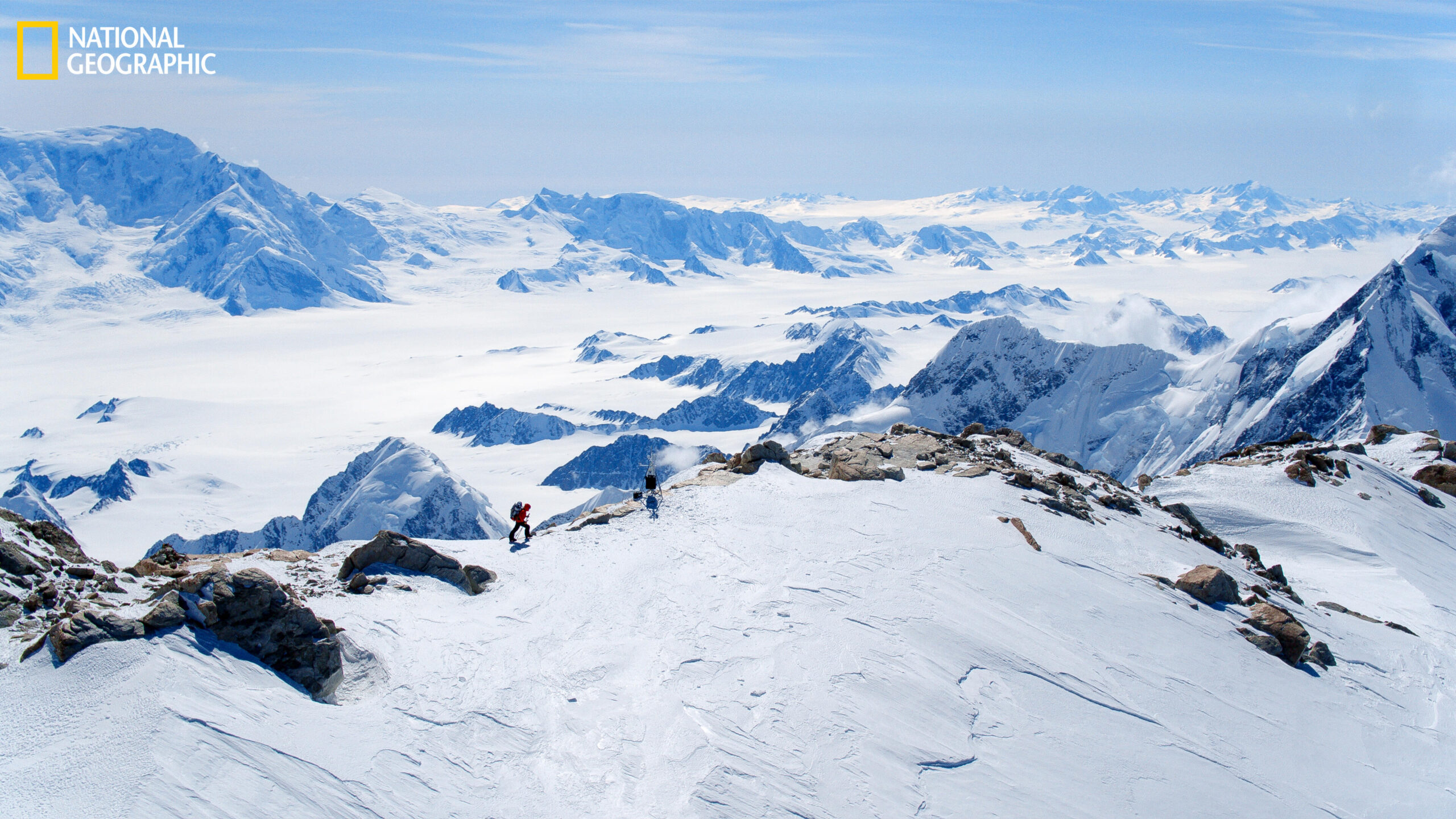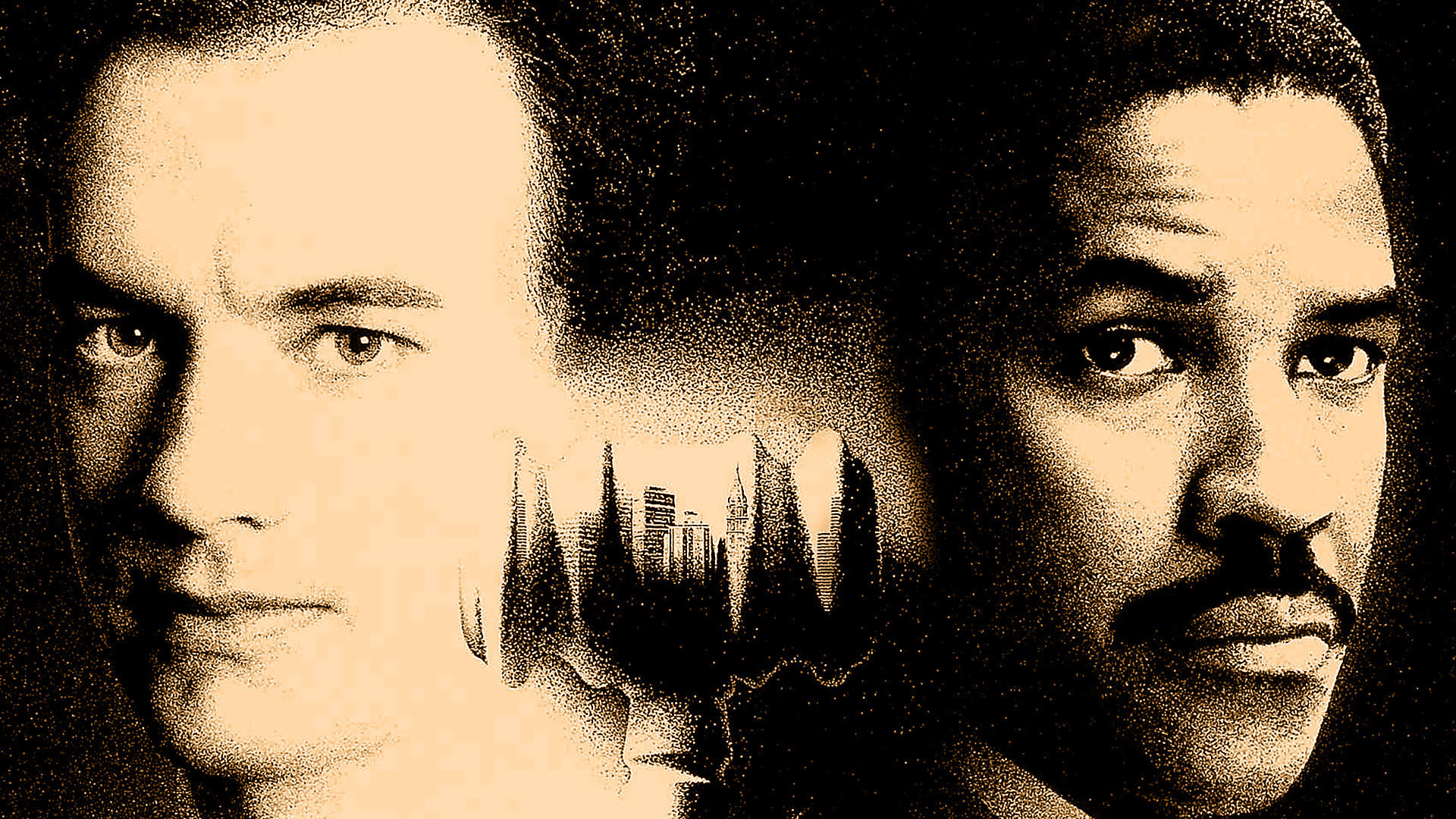Stories connect us — to the natural world, animals, the human experience — and help us make sense of the complexities of life. Storytellers illuminate these connections and help forge a deeper understanding of the different perspectives that stories create. As a worldwide leader in impact-driven storytelling, the National Geographic Society believes that science is our foundation and storytelling is our superpower. It’s a hallmark of our organization and fundamental to our work as a global nonprofit whose mission is to illuminate and protect the wonder of our world. For over 136 years, the Society has created monumental impact by investing in a global community of National Geographic Explorers who help us define pressing problems, drive new knowledge, advance thoughtful solutions and inspire positive change.
As the Society’s chief storytelling officer, I have the great honor of working with extraordinary storytellers: journalists, photographers, creatives and others around the planet who are working tirelessly to create lasting and beneficial change in the world through the power of story. I first joined National Geographic as an intern in 2005 and have held several positions, including research cartographer and executive editor for National Geographic magazine. In 2018, I became the organization’s chief storytelling officer. In this role, I’m responsible for managing the Society’s Storytelling team, overseeing the grants and programs that serve storytellers around the world, overseeing the modernization of our library and archives, and guiding our geography, map, and cartographic policies and production. I’m proud to say that our organization is one of the largest funders of individual journalists in the world.
Within the Society’s Storytelling team is our Impact Story Lab, an award-winning creative unit that combines world-class storytelling with social and behavioral science to drive positive change for our Explorers. An excellent example of this unit’s work is the documentary film “Nkashi: Race for the Okavango,” which showcases the triumphs and challenges of three mokoro (dugout canoe) polers, celebrates their cultural heritage, and illuminates the importance of protecting the Okavango Delta. The film was created in collaboration with Batswana filmmakers and has won nine film festival awards to date, including two Anthem Awards in April. Our Impact Story Lab also clinched the award for Best Short Film at the 2024 International Wildlife Film Festival for “Flora, Fauna, Funga,” which follows Chilean mycologist and Explorer Giuliana Furci as she searches for new mushrooms on the main island of Tierra del Fuego in southern Chile. Joined by two scientists, Furci illuminates how — through nutrient cycling and the essential relationships they form with plants — fungi underpin every ecosystem on Earth. Her team also outlines a strategy for greater fungal inclusion in conservation policy.
To inspire support for climate science and diversity in exploration, the Impact Story Lab is premiering our documentary film “For Winter” at the Banff Centre Mountain Film and Book Festival today in Banff, Alberta, Canada. Glaciologist, Explorer and professional athlete Alison (Ali) Criscitiello is the brain and brawn behind this film and the brutal trek it documents. The film follows Ali as she sifts through research, builds equipment, secures permits and recruits the perfect squad to climb Mount Logan, Canada’s tallest peak. Ali worked with seven experts who used their scientific genius, physical strength and high-alpine survival skills that made them some of the only people in the world able to complete the daring ascent. This herculean effort is part of Perpetual Planet Expeditions, a partnership between the National Geographic Society and Rolex to document the impacts of climate and environmental change on our planet’s vital life support systems. The expedition, which required ten days of climbing Mount Logan to acclimatize to the altitude, transported a 900-pound drill to the summit plateau to extract a 327-meter deep ice core — the deepest non-polar ice core ever collected in North America. The team then used a helicopter to fly the ice samples off the mountain before skiing all the way back down. The groundbreaking ice core research will unearth how climate change impacts even the world’s highest peaks.
When we shed light on the world around us with compelling, science-based, trustworthy stories, we raise awareness about the important issues of our time. Stories can also be the key to sparking open dialogue, as they cultivate empathy and understanding. When we see the plight of real communities in the face of real crises, we can connect and help galvanize people to act on behalf of our planet. Good storytelling allows us to better understand critical issues, creates engagement that changes attitudes and actions, and ultimately leads to impact that underpins the work of our Storytelling team at the National Geographic Society. While the world can feel like a divisive place, stories can hold us together and allow us to care for and protect our shared home.


